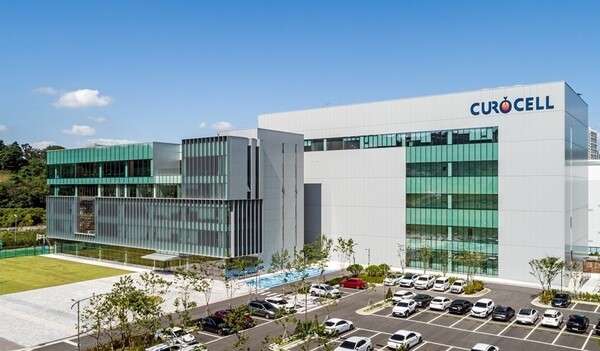Curocell, Korea’s CAR-T developer, has initiated a new study using Anbal-cel, its investigational CD19-targeting cell therapy, to treat patients with systemic lupus erythematosus.

According to the company, Anbal-cel was recently infused in a clinical study led by Seoul St. Mary’s Hospital, part of the Catholic University of Korea, involving a female patient in her 40s suffering from severe, treatment-resistant lupus.
This represents the first case of CAR-T therapy being used to treat an autoimmune condition rather than a hematologic malignancy in Korea.
Systemic lupus erythematosus is a chronic autoimmune disorder where the immune system mistakenly attacks healthy tissues, causing inflammation and damage across multiple organ systems, including the skin, joints, kidneys, lungs, heart, and central nervous system. The disease has no known cure, and in cases unresponsive to immunosuppressive therapies, patients are at risk of organ failure and life-threatening complications.
The clinical trial, conducted in March, was spearheaded by Professors Ju Ji-hyeon and Lee Bong-woo from the Department of Rheumatology, along with Professor Yoon Jae-ho from the Department of Hematology.
The patient demonstrated encouraging signs of recovery after receiving Anbal-cel, experiencing no acute adverse effects and showing improvement in disease markers even after discontinuing immunosuppressive drugs.
Curocell plans to submit an Investigational New Drug (IND) application for a phase 1/2 trial of Anbal-cel in lupus patients to the Ministry of Food and Drug Safety within the first half of this year.
“This is a landmark case for both CAR-T therapy and lupus treatment in Korea,” Curocell CEO Kim Gun-soo said. “Systemic lupus erythematosus can lead to irreversible organ damage and life-threatening complications in patients who fail standard therapies.”
With Anbal-cel’s proven efficacy and safety in lymphomas, we are committed to rapidly advancing its development as a potential breakthrough treatment option for patients with severe autoimmune diseases, Kim added.
Meanwhile, Anbal-cel is a CAR-T therapy that targets CD19, a surface antigen expressed on B cells. The product has already demonstrated robust efficacy and safety in relapsed and refractory large B-cell lymphoma (LBCL) and is currently under regulatory review for marketing approval by the Ministry of Food and Drug Safety.
Related articles
- Curocell to present preclinical data on allogeneic CAR-T therapy for T-cell malignancies at AACR 2025
- Curocell seeks health insurance listing for CAR-T therapy Rimqarto
- Curocell's Anbal-cel wins orphan drug designation for treatment of relapsed or refractory LBCL
- Curocell's CAR-T therapy picked as 2nd drug for expediated approval and market launch
- First clinical trial in Korea uses CAR-T cell therapy to treat intractable lupus
- Curocell's solid tumor CAR-T therapy selected for government project
- Korean CAR-T therapy Anbal-cel shows strong phase 2 results
- Curocell files IND for Anbal-cel trial in sever lupus
- Curocell launches CUROLINK to streamline CAR-T supply chain ahead of Rimqarto rollout
- Curocell races to secure Korean CAR-T foothold as Yescarta joins Kymriah-dominated market

